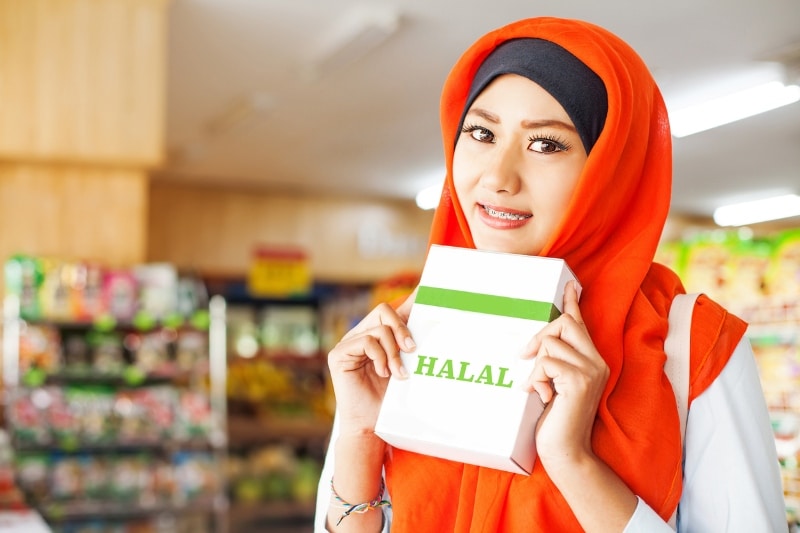Why Is Indonesia an Important Market for F&B Products?
Indonesia is a key market for many food and beverage exporters. As the fourth most populous country in the world, it has a large and growing F&B sector, driven by a young consumer base. This presents opportunities for a wide range of consumer-oriented products, as Indonesians are increasingly consuming processed and packaged foods, including frozen desserts, processed fruits and vegetables, and various snacks.
How are these products sold? Traditional markets continue to dominate, but modern retail stores and e-commerce are rapidly gaining market share. Indonesia has one of the most robust e-commerce markets in Southeast Asia, accounting for approximately 40% of the total regional market. Imported food products are widely available on online platforms such as Tokopedia and Shopee. The food service sector is also experiencing strong growth, offering another significant sales channel.
Key Agencies Managing F&B Product and Halal Registration in Indonesia
To successfully enter this lucrative market, exporters must navigate the necessary regulatory procedures for importing their products into Indonesia. There are three main types of registration, depending on the product’s characteristics and requirements:
- BPOM Registration – Required for all processed food and beverages.
- Ministry of Agriculture (MoA) Approval – Required for fresh food products such as dairy, meat, fruits, vegetables, and seafood.
- Halal Certification – Now mandatory for most food and beverage products.
BPOM Registration:
BPOM (Badan Pengawas Obat dan Makanan) is Indonesia’s National Agency for Drug and Food Control, equivalent to the FDA. BPOM registration is required for all processed food and beverages. Once approved, exporters receive a distribution permit, allowing them to sell their products in Indonesia.
Ministry of Agriculture (MoA) Registration:
This is necessary for fresh food products, particularly those subject to import rules and quotas. Upon approval, exporters receive a Distribution Permit or a Recommendation for an Import Permit.
Halal Certification:
Halal certification, managed by the Halal Product Assurance Agency (BPJPH), has become compulsory in Indonesia. Even products that traditionally did not require halal certification, such as potato chips, must now obtain it. Without halal certification, products will be placed in the non-halal section of supermarkets, which can negatively impact sales.
Is BPOM Registration a Challenge in Indonesia?
BPOM follows a risk-based approach to product registration, categorising products into different risk levels based on various factors such as target consumers, production methods, use of additives, and special claims.
The risk categories are:
- Low to Medium Risk Products: Everyday foods like candy or instant noodles. The registration process is straightforward with minimal documentation.
- Medium to High-Risk Products: Products with higher safety standards, such as chocolate or nougat, which undergo a slightly stricter approval process.
- High-Risk Products: Items requiring extensive review, such as medical foods, dietary-specific products, and those with claims like GMO or sterilization. Examples include flavoured milk in sterilized bottles and canned fruits.
One of the key challenges for foreign companies is misunderstanding Indonesia’s risk classification system. Many exporters assume risk levels based on their home market experience, which often leads to misclassification and delays. Additionally, companies sometimes submit incomplete documents and fail to proactively follow up with BPOM officials after submitting their applications online.
However, with proper preparation and proactive engagement, the product registration process can be completed efficiently. Companies that closely monitor the process and ensure compliance have successfully completed registration in as little as three months.
For assistance with food product registration, or navigating Indonesia’s regulatory landscape, contact us today.
